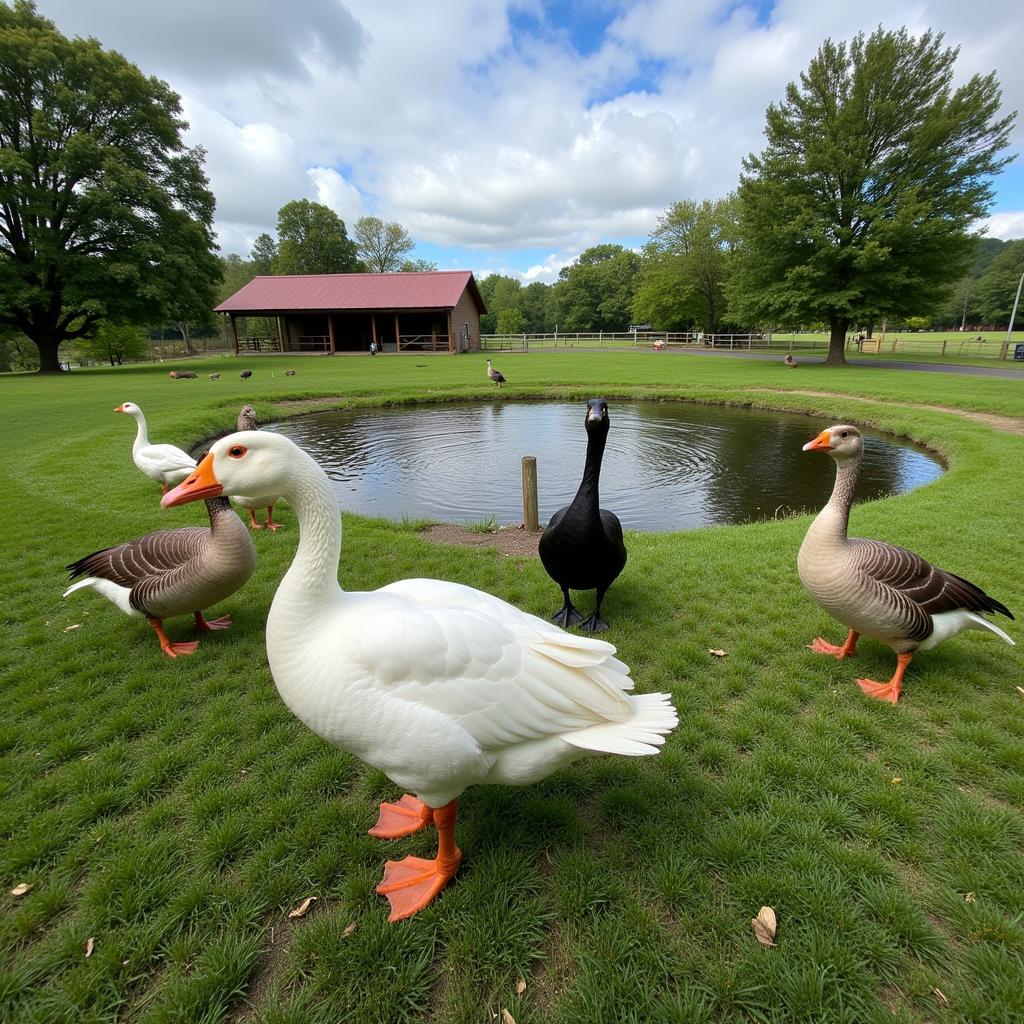The Shadow of African Country Looting: Understanding the Complexities
African Country Looting. These three words evoke images of instability, corruption, and lost potential. But the reality behind this phrase is far more nuanced and complex than simple theft. It encompasses a wide range of issues, from historical exploitation and political instability to illicit financial flows and the devastating impact on local communities. This article delves into the multifaceted nature of resource extraction, corruption, and their impact on African nations.
Unpacking the Term: What Does “African Country Looting” Really Mean?
The term “African country looting” often refers to the illegal exploitation and appropriation of a nation’s resources, often facilitated by corruption and weak governance. This can take various forms, including the theft of natural resources, embezzlement of public funds, and the misappropriation of foreign aid. It’s crucial to understand that this isn’t a new phenomenon. The history of Africa is intertwined with exploitation, dating back to the colonial era. However, contemporary forms of looting continue to hinder development and perpetuate cycles of poverty.
The Historical Context: Colonialism and its Legacy
The legacy of colonialism plays a significant role in understanding the present-day challenges related to resource extraction and corruption in Africa. Colonial powers established extractive systems designed to benefit their own economies, often at the expense of local populations. These systems, coupled with imposed political structures, created vulnerabilities that continue to be exploited. Understanding this historical context is vital to addressing the root causes of the problem.
Corruption and Weak Governance: Enabling Factors
Corruption and weak governance are key enablers of looting. Lack of transparency, accountability, and the rule of law create an environment where illicit activities can thrive. This not only facilitates the theft of resources but also discourages foreign investment and hinders economic growth. Strengthening institutions and promoting good governance are essential to combating this issue.
The Impact on Local Communities: Poverty and Instability
The consequences of African country looting are devastating for local communities. The loss of resources deprives nations of much-needed revenue for essential services such as healthcare, education, and infrastructure. This fuels poverty, inequality, and social unrest. Moreover, the environmental damage caused by unsustainable resource extraction further exacerbates these challenges.
Addressing the Challenge: International Cooperation and Local Empowerment
Combating African country looting requires a multi-pronged approach. International cooperation is crucial in tackling illicit financial flows and holding perpetrators accountable. Simultaneously, empowering local communities, strengthening civil society organizations, and promoting transparency are essential for long-term solutions. african hidden eex provides further insights into these intricate dynamics.
What are the main forms of looting in African countries?
Looting can take the form of illegal resource extraction, embezzlement, and misappropriation of funds.
How does colonialism contribute to the problem?
Colonialism established exploitative systems that continue to impact resource management and governance today.
What role does corruption play?
Corruption weakens institutions and enables illicit activities to flourish.
How are local communities affected?
Looting deprives communities of resources, leading to poverty and instability.
What can be done to address the issue?
Solutions require international cooperation, local empowerment, and strengthening governance.
Conclusion: A Path Towards Sustainable Development
Addressing the complex issue of African country looting is crucial for achieving sustainable development. By understanding the historical context, addressing the root causes of corruption, and empowering local communities, we can work towards a future where Africa’s resources benefit its people. african hidden eex offers a deeper understanding of this crucial topic. African country looting must be confronted head-on to unlock the continent’s vast potential.
FAQ:
- What are the most commonly looted resources in Africa?
- How does illegal resource extraction impact the environment?
- What international organizations are working to combat looting?
- What is the role of multinational corporations in this issue?
- How can individuals contribute to the fight against African country looting?
- What are some successful examples of anti-corruption initiatives in Africa?
- How can technology be used to promote transparency and accountability?
For support, contact us 24/7: Phone: +255768904061, Email: [email protected], or visit our office: Mbarali DC Mawindi, Kangaga, Tanzania.


